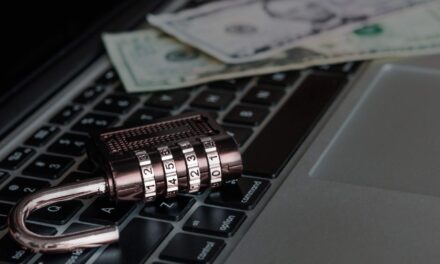In one recent global survey on personal data protection, many respondents prioritized altruistic options that improved long term community safety
In a global survey of more than 21,000 adult consumers from 11 countries (Australia, Brazil, France, Germany, Hong Kong, Japan, Mexico, Singapore, the United Arab Emirates, the United Kingdom, and the United States) on personal data protection, respondents trusted the following sectors the least: media and entertainment (12%); government (14%); and social media (18%).
In contrast, respondents trusted the following sectors to protect their sensitive information: banking and finance (42%); healthcare providers (37%); and consumer technology firms (32%).
Across the globe, respondents in Germany (23%), Australia, the UK and France (20%) were the least trusting when it came to the protection of their personal data. In comparison, respondents from Brazil (95%), Mexico (92%) and UAE (91%) expressed the highest levels of trust.
Other findings
Some 82% of respondents reported a negative impact on their lives following a data breach, with the main challenges cited as: fraudulent use of their financial information (31%); fraudulent use of their personally identifiable information or PII (25%); and being targeted for tailored scams due to the breached PII (25%). Also:
- Across all countries, financial fraud was the most common type reported, except in Germany (where fraud involving PII was the highest, at 31%); Japan (identity theft: 30%); and the UK (tailored scams: 25%)
- 21% of respondents worldwide had indicated stopping using any firm that had suffered a data breach, with 8% ending up taking legal action against a company, and 9% considering it.
- 69% of respondents cited adding additional security measures for their activities with the banking & financial services sector; followed by 54% more likely to do so with email communication; 48% with social media; 44% with online shopping or e-commerce activities; 33% in healthcare; and 24% for travel-related activities.
- 54% of global respondents indicated that better data security measures such as encryption and user authentication protocols, must be mandated in organizations that suffer a breach. This was closely followed by 53% choosing “compensating victims”; 46% choosing “employing specialists to ensure it doesn’t happen again”; 43% choosing “being responsible for finding victims’ data and having it returned; and 42% choosing “more stringent regulation”.
- 31% of respondents indicated that meting out a large fine to firms that suffered a data breach was a high priority.
According to Philippe Vallée, Executive Vice President, Digital Identity and Security, Thales, which commissioned the survey, respondents prioritized protection of the system and future users over compensation. “It’s clear that there is growing acceptance amongst consumers that there is risk and reward to their own cybersecurity; putting more time and emphasis on securing those parts of their online lives that mean the most to them. However, with data continually becoming more valuable, this should serve as only a lesson to those across other industries in practicing best practice and implementing good cyber hygiene.”

















